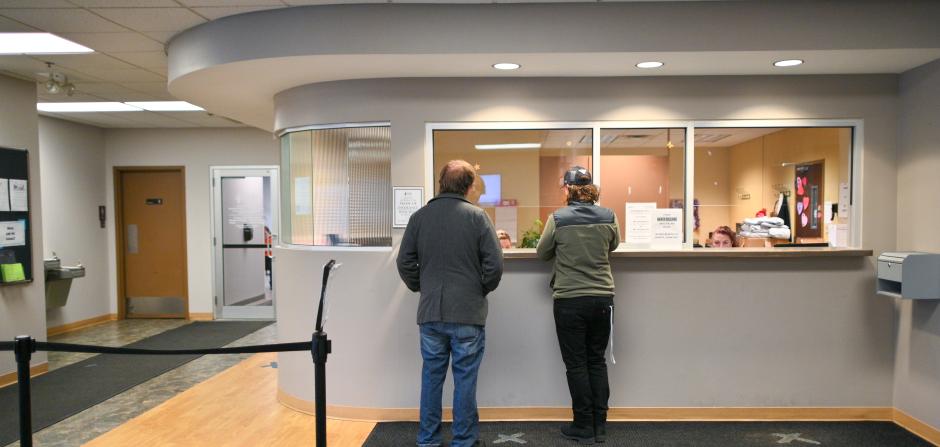Community Support Services urges you to reach out to your Ohio State House representatives and voice your opposition to proposed changes in Sub HB 96 related to Medicaid provider rates.
The Ohio House Finance Committee recently released Sub House Bill 96. This state budget bill includes two proposed changes that would drastically reduce provider rates for Medicaid community mental health and substance use services.
How You Can Help
Call and email your Ohio House Representative this week. We have provided a templated message and talking points below to help you customize your outreach. We need all hands on deck! Ask your friends, family, coworkers and community connections to make these calls and send emails.
Find Contact Info for Your Rep
Template Message
Proposed changes in Sub HB 96 related to Medicaid provider rates will devastate community behavioral health services. Now is not the time to cut rates to a level that will result in widespread and immediate loss of mental health and substance use services statewide and corresponding job losses in those communities. Even with the General Assembly’s historic Medicaid provider rate increases last budget, demand for mental health and substance use services remains unrelenting.
I respectfully ask that R.C. Section 5164.302 (comp doc MCDCD54) be removed allowing ODM to set actuarially sound rates.
Secondly, I respectfully ask you to restore section 333.170 as included in the as introduced version.
Thank you for supporting access to lifesaving mental health and substance use services!
Talking Points
- Unlike other healthcare sectors, Medicaid is the preferred and primary payer of community mental health services in Ohio and nationally. This is why federal insurance parity laws were passed and need enforcement. This proposal disproportionately harms community behavioral health providers as a result.
- Ohio just made a critical and historic investment in community behavioral health service rates just last year that has stabilized access to services and these investments were directly put into the wages and benefits for front line behavioral health services. Yet, market wages in other sectors remain more than 20% higher.
- Private insurance does not cover the same range of services covered by Medicaid – many services provided in home or community settings for individuals with intensive needs aren’t included.
- Private insurance only credentials Master’s level, independently licensed behavioral health professionals. Only 25% of the current community behavioral health workforce would qualify or even be included in private insurance.
- Private insurance payment rates are proprietary and individually negotiated with each provider – including both in-network and out of network rates. Operationally, it will be difficult to define, create transparency to insure accuracy, and comply with federal anti-trust laws.
- This model undermines value-based reimbursement strategies intended to promote outcomes, effectiveness, and efficiency.
- Ohio Medicaid inserted the provision to allow Medicaid rates to exceed the Medicare rates since 2018 under Medicaid BH Redesign. Medicaid requires states to establish actuarially sound rates based on allowable costs. For some services, the result is a rate higher than what Medicare pays and necessary to address critical workforce shortages, particularly psychiatry.
-
Investing in mental health and substance use care is sound public policy and wise economic strategy. Every $1 spent on improved access to behavioral health treatment leads to a $4 return on investment in healthcare savings and economic output.
More about Sub HB 96
The House Finance Committee released Sub HB 96 on April 2, 2025 which contains two proposed changes that would drastically reduce Medicaid community mental health and substance use provider rates. The first proposal creates section R.C. 5164.302 that will set Medicaid provider rates at the median rate for private insurance for similar services and impose penalties for violations of this provision. This troubling provision would disproportionately harm community mental health and substance use treatment providers and would abruptly and swiftly end any progress made over the past few years to improve access and expand the workforce.
Separately, Sub HB 96 proposes to remove a provision included in every state budget going back to BH Redesign under Section 333.170 that permits Medicaid to pay community behavioral health rates above the Medicare maximum. These two provisions, when combined, would decimate community behavioral health services, and communities would experience widespread and immediate loss of mental health and substance use services statewide.

